View all filters
Clear
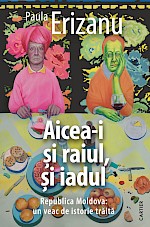
Oh, ragazze (It’s Both Heaven and Hell Here. Moldova: a Century of Lived History)
Translated from
Romanian
to
Italian
by Barbara Pavetto
Written in Romanian by Paula Erizanu
8 minutes read
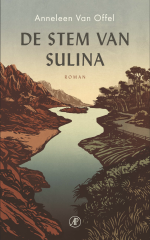
Głos Suliny
Translated from
Dutch
to
Polish
by Marta Talacha
Written in Dutch by Anneleen Van Offel
8 minutes read
Toate fiarele de pe câmp
Translated from
Spanish
to
Romanian
by Silvia Alexandra Ștefan
Written in Spanish by Adriana Murad Konings
8 minutes read
Jericó
Translated from
Italian
to
Portugese
by Vasco Gato
Written in Italian by Fabrizio Allione
8 minutes read
De evolutie van een kies
Written in Dutch by Alma Mathijsen
9 minutes read
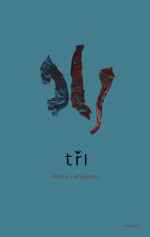
Drie!
Translated from
Czech
to
Dutch
by Lysanne Aarsman
Written in Czech by Anna Luňáková
8 minutes read
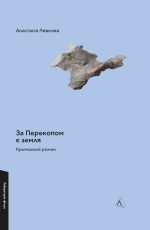
C'era una volta in Crimea
Translated from
Ukranian
to
Italian
by Claudia Bettiol
Written in Ukranian by Anastasia Levkova
11 minutes read
Pássaros que cantam o futuro
Translated from
Spanish
to
Portugese
by Miguel Martins
Written in Spanish by Alejandro Morellón Mariano
5 minutes read

Гей, дівчата (It’s Both Heaven and Hell Here. Moldova: a Century of Lived History)
Translated from
Romanian
to
Ukranian
by Paulina-Ionela Onujec
Written in Romanian by Paula Erizanu
6 minutes read
Alle dieren van het veld
Translated from
Spanish
to
Dutch
by Joep Harmsen
Written in Spanish by Adriana Murad Konings
9 minutes read
Čistička
Written in Czech by Anna Háblová
8 minutes read
Zmiana zdania
Translated from
Spanish
to
Polish
by Katarzyna Górska
Written in Spanish by Aixa De la Cruz Regúlez
6 minutes read
PISK
Translated from
Polish
to
Czech
by Tadeáš Dohňanský
Written in Polish by Aleksandra Lipczak
9 minutes read

Meine Mutter hat Blumen gezüchtet (I presupposti non contano)
Translated from
Serbian
to
Italian
by Katarina Mitić
Written in Serbian by Ljiljana D. Ćuk
6 minutes read

Meine Mutter hat Blumen gezüchtet
Translated from
Serbian
to
Ukranian
by Maksimu Andre Martynenko Shchehlov
Written in Serbian by Ljiljana D. Ćuk
5 minutes read
Revolta inversa
Translated from
Romanian
to
Portugese
by Simion Doru Cristea
Written in Romanian by Cătălin Pavel
9 minutes read
PISK
Translated from
Polish
to
Portugese
by Katarzyna Ulma Lechner
Written in Polish by Aleksandra Lipczak
11 minutes read
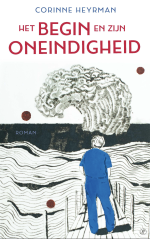
Началото и неговата безкрайност
Translated from
Dutch
to
Bulgarian
by Elena Dimitrova
Written in Dutch by Corinne Heyrman
9 minutes read
Morana
Translated from
Czech
to
Serbian
by Uroš Nikolić
Written in Czech by Lucie Faulerová
8 minutes read
Draden
Written in Dutch by Hannah Roels
8 minutes read